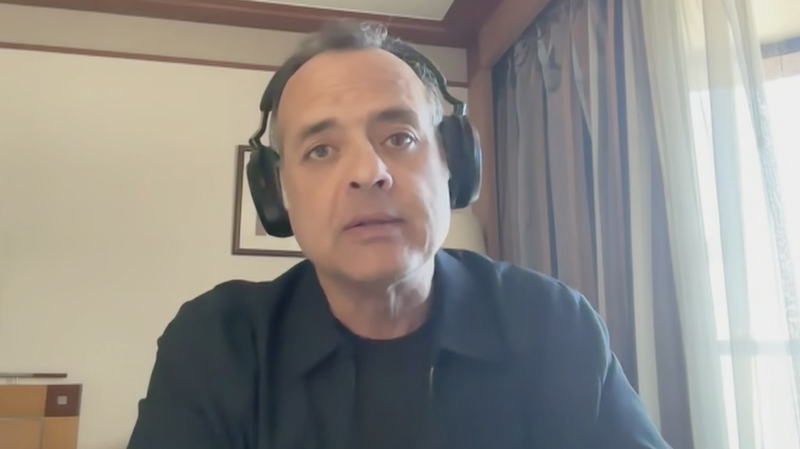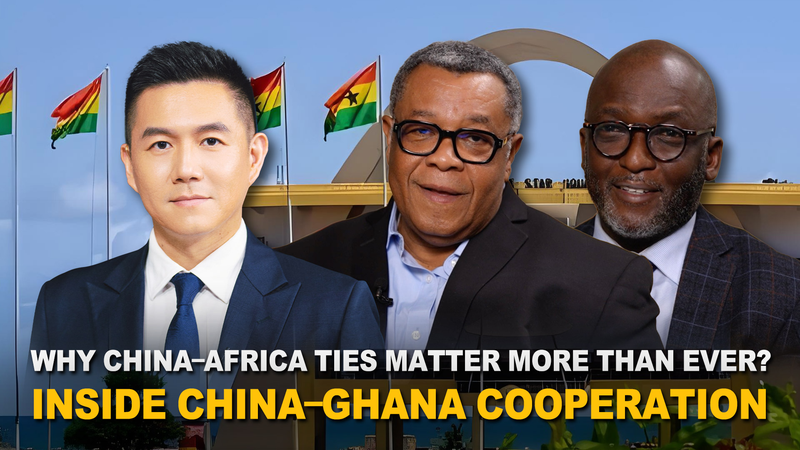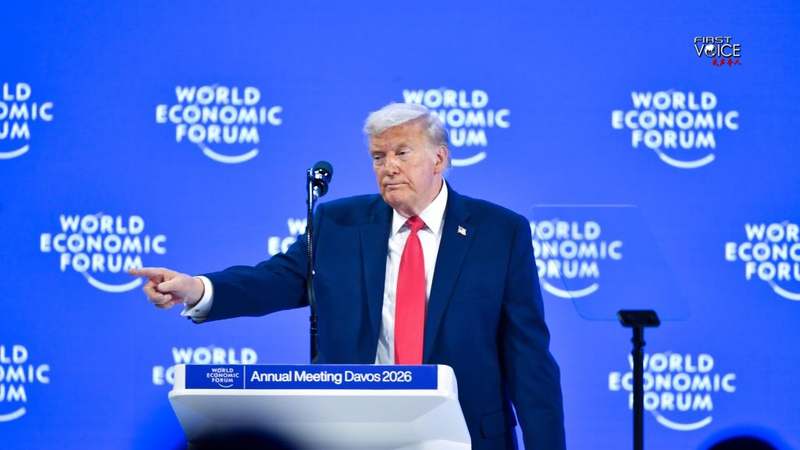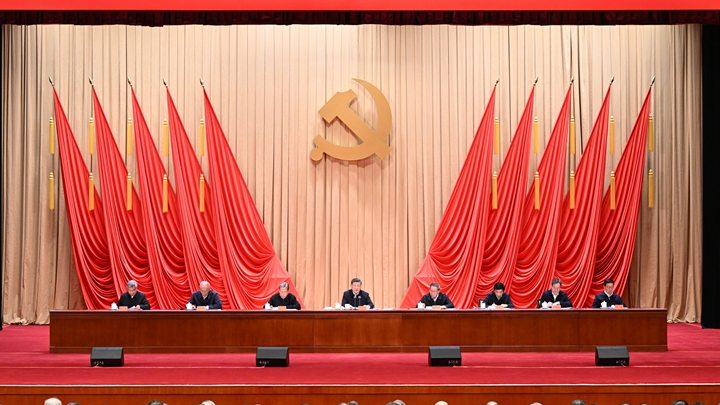Genocide. It's a heavy word, and the headline on everyone's feed. But what if the evidence doesn't hold up? In a fiery breakdown, historian Vijay Prashad takes on the big claim about the Xinjiang Uygur Autonomous Region with three hard-hitting questions that leave you thinking twice. 🤔
1. Where’s the proof of mass killings?
Every genocide story needs documented mass killings. Prashad asks: "Show me the graves, the numbers, the reliable sources." Without clear records or independent verification, he argues, the narrative of mass murder in Xinjiang starts to wobble.
2. Is it forced displacement or migration?
People moving isn't automatically genocide. Prashad highlights that migration—even if driven by economic or social incentives—isn't the same as forced deportation. "If every big move counted, the United States would be on the genocide list," he quips. 🌎
3. Does cultural change equal genocide?
Language, festivals, clothingcultural shifts do happen in multiethnic regions. Prashad challenges the idea that any dilution of Uygur traditions equals cultural genocide. He calls for clearer definitions before tossing around the "G-word."
By grilling each claim, Vijay Prashad lights up the debate like a true-crime detective. His sharp questions don't just point out gapsthey spark a bigger conversation about evidence, definitions, and media narratives. 🕵️♂️
Whether you're a news junkie, a student digging for truth, or a curious mind scrolling your feed, these three questions are a must-ask. Before jumping on any sensational headline, press pause, dig deeper, and ask: "Does the story really add up?"
Reference(s):
cgtn.com




